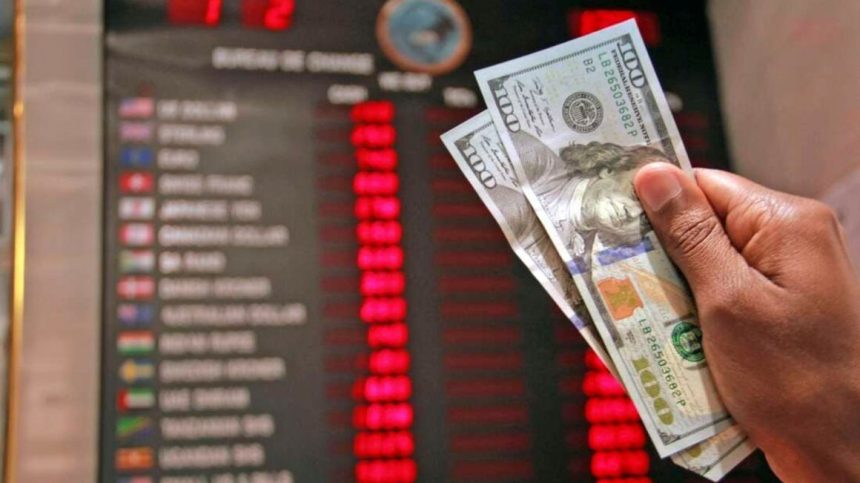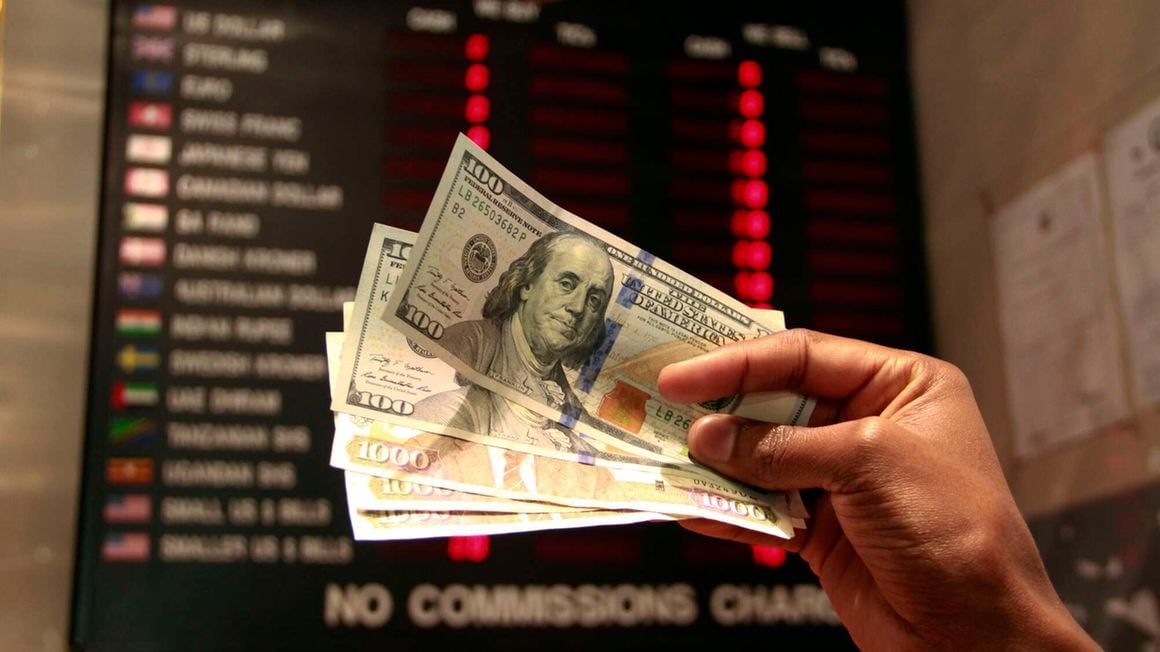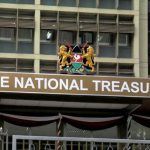A government-backed deal to import fuel on credit has failed to stop the depreciation of the Kenyan shilling against the dollar as the local currency dropped to a fresh low of 137.06 units on Friday, a month after the first cargo landed in the country.
When fuel imported on credit landed mid-last month it was anticipated that the government-brokered deal would ease pressure on the demand of the dollar from the oil marketers and prop up the shilling.
But an analysis of the exchange rate shows that the shilling shed 1.8 percent in the month to last Friday, which was, however, slower than the 3.9 percent in the month to April 18.
A bank executive attributed the continued drop to pent-up demand for the dollar from sectors such as manufacturing and other importers, adding that the shilling may take at least three months to start feeling the impact of importing fuel on credit.
“It (buying fuel on credit deal) was not expected to instantly address the problem. There is still pent-up demand from other importers and remember oil firms took currency swaps last year and they have to unwind,” said the executive who sought anonymity.
“I would give it between two to three months to start feeling the impact of this deal.”
Continued weakening of the shilling makes imports costlier in what promises to further increase the cost of living given Kenya’s huge import demands.
Kenya signed a deal with the governments of Saudi Arabia and the United Arab Emirates for a deal that would see Kenya get fuel supplies on credit for six months. The first cargo landed in the country on April 14.
Under the deal, the first payment to Saudi Aramco, the Abu Dhabi National Oil Company and the Emirates National Oil Company Group will be made in September.
Local oil firms are paying the three Kenyan oil firms who imported the cargo in shillings.
The deal has eased monthly demand for dollars by oil marketers to pay for the cargo, helping to curb the outflow of dollars from the economy, which is in turn expected to prop up the battered shilling.
Petroleum imports (fuel and lubricants) account for 28 percent of the monthly dollar demand.
But the first payments for the fuel in the next four months coupled with dividend repatriations by listed multinationals and firms will drive up demand in what could negate the small gains being made in helping to stabilise the Kenyan unit.
Significant foreign shareholding of multinationals such as Safaricom, Stanbic Bank and Equity Bank will see the companies seek hundreds of millions worth of dollars to pay dividends to offshore investors.
The shilling had been on a free fall since last year prompting the government to go for the fuel import deal and the banking regulator to read the riot act to banks suspected of manipulating the forex market.
The Central Bank of Kenya (CBK) last month introduced a new code of practice for the foreign exchange market that has stiff penalties for those caught manipulating the exchange market.
The new forex code bars banks from engaging in trading practices, quoting prices or making transactions with the intention of manipulating price movements or disrupting the functioning of the market.
Muathi Kilonzo, the managing director and head of Equities Kenya at EFG Hermes, says that a combination of the fuel deal and CBK’s move is slowly helping the shilling to find its footing.
“What we are seeing is a function of the fuel deal, the re-opening of the interbank market and also the global weakening of the dollar against other currencies,” Mr Kilonzo told Business Daily.
Banks are expected to conduct a self-assessment on their level of compliance with the new code and submit a detailed compliance implementation plan approved by their boards by June 30, 2023.
The CBK had kept a keen eye on the forex market amid concerns some players sought to manipulate the market.
But this was seen by experts as one of the reasons for the reluctance of banks to trade dollars with each other, out of fear of falling foul of the regulator if prices exceeded the expected range.
Read: Why IMF wants CBK to let the shilling depreciate
President William Ruto had warned those hoarding banks to release them days before the start of the fuel deal.
The shilling’s woes against the dollar come amid calls by the International Monetary Fund (IMF) that the local currency should not be propped but instead, be allowed to find its true value.
The IMF has in the past accused CBK of managing the country’s currency, noting that Kenya’s exchange rate should function as a shock absorber.
“As for non-pegged regimes, in most countries, letting the exchange rate depreciate is necessary to facilitate adjustment to external shocks that are durable, such as changes in terms of trade and higher interest rates in advanced economies,” the IMF said in a note last month.
Non-pegged countries are those where the exchange rate is not fixed to another currency on a legal basis.




